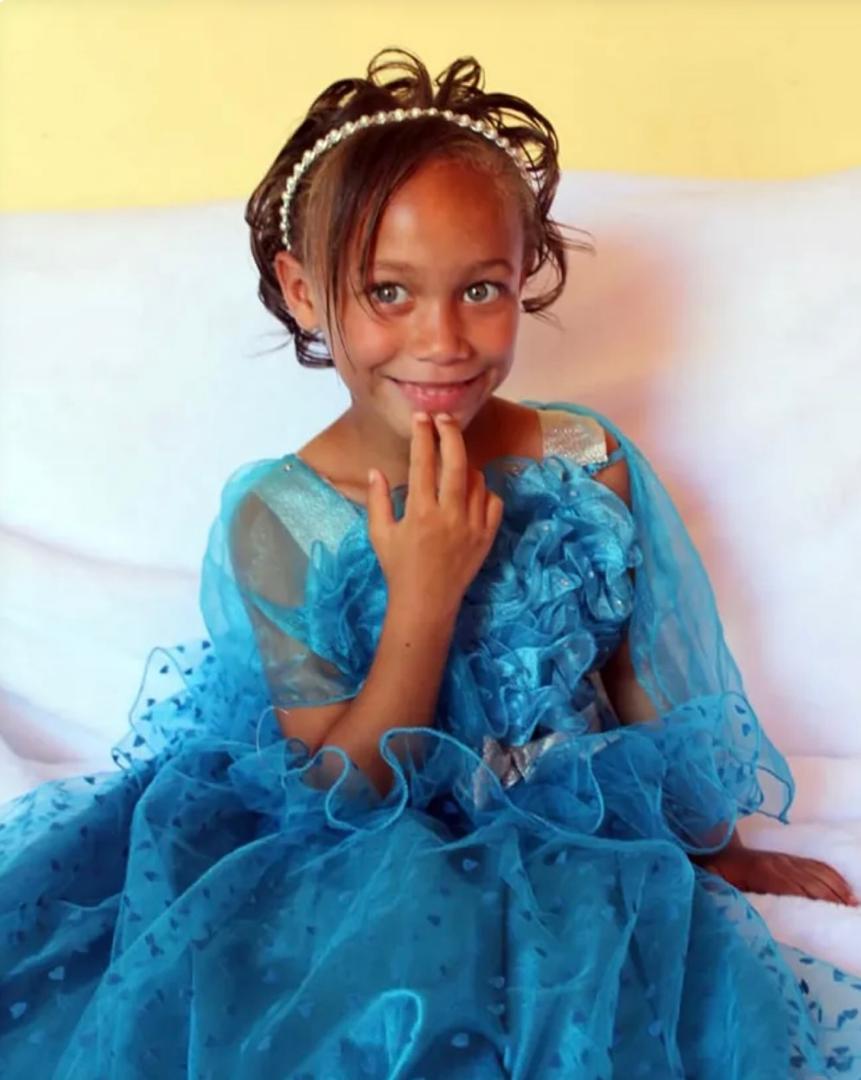CONAKRY – The death toll from a crackdown by Guinean security forces on opponents of the military junta has risen to 157, a local rights group said yesterday, quoting hospital sources in the capital.
Security forces on Monday opened fire on tens of thousands of protesters urging military ruler Captain Moussa Dadis Camara to step down, bringing broad international condemnation and the threat of sanctions from the African Union.’According to hospital sources that we have spoken to, 157 dead and 1,253 injured have been registered,’ said Thierno Maadjou Sow, president of the Guinean Human Rights Organisation.Sow told Reuters the figure did not include the bodies of those demonstrators killed at the September 28 stadium attack but which had not been delivered to hospitals.The clashes in the world’s top bauxite exporting country were the worst since Camara seized power in a 2008 coup and followed months of wrangling between Camara and opponents who insist he should not stand in a January presidential poll.Earlier the African Union called on Camara to confirm he would honour his pledge not to stand in the election and so allow transition to civilian rule.’In this respect the (AU) Commission is preparing a report on the developments in Guinea and possible measures to be taken, including sanctions,’ it said in a statement which did not elaborate what steps were envisaged.International criticism of the violence, which several witnesses said included sexual abuse, was immediate.UN Secretary-General Ban Ki-moon, and former colonial power France condemned the killings, which eyewitnesses said were unprovoked and indiscriminate.’Soldiers were firing at people and those who tried to get out (of the stadium) were caught and finished off with bayonets,’ Guinean human rights activist Souleymane Bah told Reuters of the clashes in the sports stadium.Bah said he had seen dozens of lifeless bodies in the stadium after soldiers dispersed the crowd, and confirmed widespread reports of abuses by soldiers.’I saw soldiers strip women naked, spread their legs and stamp on their privates with their boots,’ he said by telephone.Camara has yet to make a formal announcement on whether he will stand for the election, but diplomats have said he has spoken in private of his plans to be candidate.Camara seized power after President Lansana Conte died in December 2008. He enjoyed initial support from a population hungry for change after decades of Conte’s rule left the mineral-rich nation in disarray.However, increasingly erratic behaviour, including crackdowns on former backers in the military, attacks on mining companies the country is so dependent on and the likelihood he will stand for election, have fuelled instability. – Nampa-Reuters
Stay informed with The Namibian – your source for credible journalism. Get in-depth reporting and opinions for
only N$85 a month. Invest in journalism, invest in democracy –
Subscribe Now!










